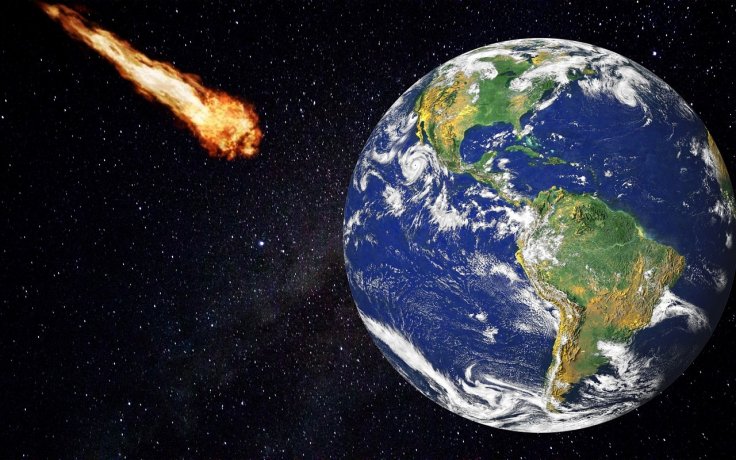It was around 66 million years back that a doomsday asteroid from deep space hit the earth and resulted in a mass extinction event, finally ending the reign of dinosaurs in the blue planet. Since then no such gigantic space rocks have approached earth, but space experts strongly believe that doomsday asteroid hits are not confined to the past, and it will happen in the future too.
As threats from deep space continue, scientists at the Massachusetts Institute of Technology (MIT) have suggested a new method to save the earth from asteroid hits. Scientists at MIT believe that the best option by which earth can be saved is by nudging an approaching asteroid from its collision course trajectory.
Asteroid defence before keyhole passage

Wook Paek, a scientist at MIT revealed that approaching asteroids could be combated before the keyhole passage, and he claimed that it is the best way to prevent debris rain and other chaos. It should be noted that keyhole passage also known as the gravitational keyhole is an area in space where space bodies like asteroids get affected by a planet's gravity.
"People have mostly considered strategies of last-minute deflection when the asteroid has already passed through a keyhole and is heading toward a collision with Earth. I'm interested in preventing keyhole passage well before impact. It's like a preemptive strike, with less mess. A keyhole is like a door — once it's open, the asteroid will impact Earth soon after, with high probability," said Paek, Express.co.uk reports.
The vitality of pre-emptive nuclear strike
It has been previously reported that NASA will use nukes to protect the earth from future asteroid hits. However, the usage of nukes could result in radioactive rain which will do more harm than good. In order to prevent this scenario, space scientist Natalie Starkey believes that a pre-emptive strike could be the best option while combating giant asteroids.
" If the object was one that passed Earth frequently, moving ever closer to impact with each orbit, then it could be blown up in a pre-emptive strike on one of its prior close-Earth visits before the one that was predicted to cause total annihilation, nuking it as it was heading away from Earth. In this way, any radioactive fallout from the destruction wouldn't affect life on Earth," said Starkey.









